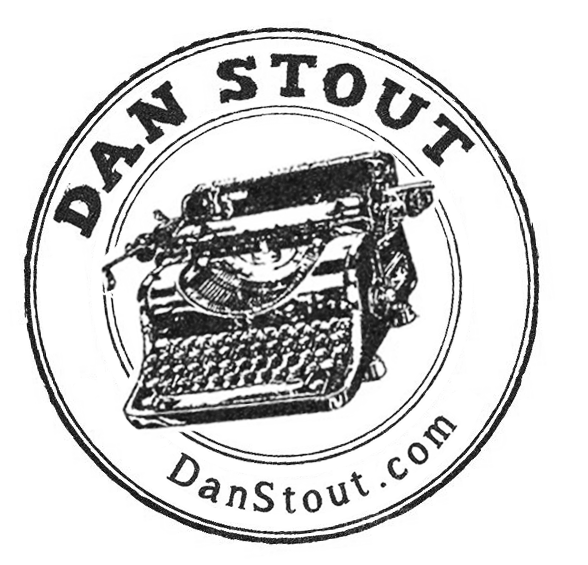As part of the ongoing celebration of upcoming debut novels, I’ll be running highlights of interviews from a number of my fellow debuts through the end of 2019. The full interviews are available on DebutAuthors19.com.
Today, we’re continuing the series with a conversation with Eva Seyler , author of THE WAR IN OUR HEARTS, a work of historical fiction releasing from Authors 4 Authors Publishing on March 24th, 2019.
About the Book:
France, 1916: Estelle Graham faces a nightmare. Expecting to meet her beloved husband and bring their newly adopted daughter home to Scotland, she instead finds him gravely injured and unconscious in a casualty station. As she fights for his care, she takes solace in his journals and letters.
In a farmhouse in Somme, Captain Jamie Graham is forever changed when he meets young Aveline Perrault. Both of them broken and walled off from the cruel and cold world around them—made even crueler and colder by the Great War—the pair form an unlikely bond. She finds in him the father she never had, and with her love, he faces the pain from his own childhood.
Discover the depth of love and faith in the face of brutality and neglect as they learn to live while surviving World War I.
Interview Excerpt:
Where did you get the idea for THE WAR IN OUR HEARTS?
I’ve felt for a long time that there wasn’t enough WWI fiction out there, and as I was thinking about what I should write, I got a visual in my head of a red-headed girl standing in a barn. That was Aveline, and when she had some trouble, Captain Jamie Graham came to her aid.
How long did you take to write this book?
It took almost exactly nine months from writing the first words to beginning the querying process, and another six months to complete the edits and proofreading.
What kind of research did you do for this book?
Honestly I felt like I was drowning sometimes, but the upside is that I’ve learnt so much I can continue to write about WWI and already have the basic history of the era covered in my head. For TWIOH particularly, I needed information about trench warfare more than anything else. Eye-Deep in Hell by John Ellis and Hot Blood, Cold Steel by Andy Simpson were both amazing resources.
What did you remove from this book during the editing process?
Mostly self-indulgent snogging scenes that didn’t do anything to move the plot forward. I also took out a lot of rambling and irrelevant nonsense about Captain Graham’s time training troops in Aldershot.
Are you a plotter or a pantser?
Pantser. When I have a solid idea where the story is going, then I make my detailed timelines and write my character sketches and all that technical jazz.
What is your favorite part of your writing process, and why?
I like the polishing part, when I have the bulk of the story in place and I get to rearrange and reword and weave everything together into a harmonious, well-crafted whole.
What is the most challenging part of your writing process, and why?
Turning it over to beta readers before it’s reached a state of perfection.
Can you share your writing routine?
I write whenever and wherever I can. I use Google Docs, so I can (and do!) write on my phone or iPad in the car, sitting around waiting for people, relaxing the the bath, whatever. I also try to make time at my computer at least once a day for concentrated writing time with an actual keyboard under my fingers.
I write by hand sometimes early in the process, and I take most of my notes and do my character sketches by hand too. Usually about halfway through writing a novel, I’ll print out the initial draft and annotate it by hand (adding scenes, indicating rearrangements, making notes of things that are still needed and where they should go) before completely re-typing the work from scratch.
Have you ever gotten writer’s block? If yes, how do you overcome it?
If I can’t think of anything new to write that’s relevant, I’ll go back and do some editing, or draw pictures of characters/scenes, or pick my friends’ brains for ideas.
If you could tell your younger writing self anything, what would it be?
Probably I would tell it, “Someday you’re going to write fanfiction and it’s going to change your life. You think that’s something to scoff at now, but you just wait and see.”
How did you get into writing?
I’ve been writing since I was little, but I never really FINISHED anything until roughly 2008, when I wrapped up a novel I’d started a couple years prior, and after that I quit writing completely until 2016, when I got sucked into writing fanfic and realised I missed writing a lot and wanted write my own book.
What do you like to do when you’re not writing?
When I’m not writing, I’m teaching my human children, eating chocolate, cooking or baking, wasting time on Twitter, or making weird shrieky noises every time I see my non-human children.
About the author:
Eva was born in Jacksonville, Florida. She left that humidity pit at the age of three and spent the next twenty-one years in California, Idaho, Kentucky, and Washington before ending up in Oregon, where she now lives on a homestead in the western foothills with her husband and five children, two of whom are human.
Contact Eva:
Twitter (I’m most active here!)


